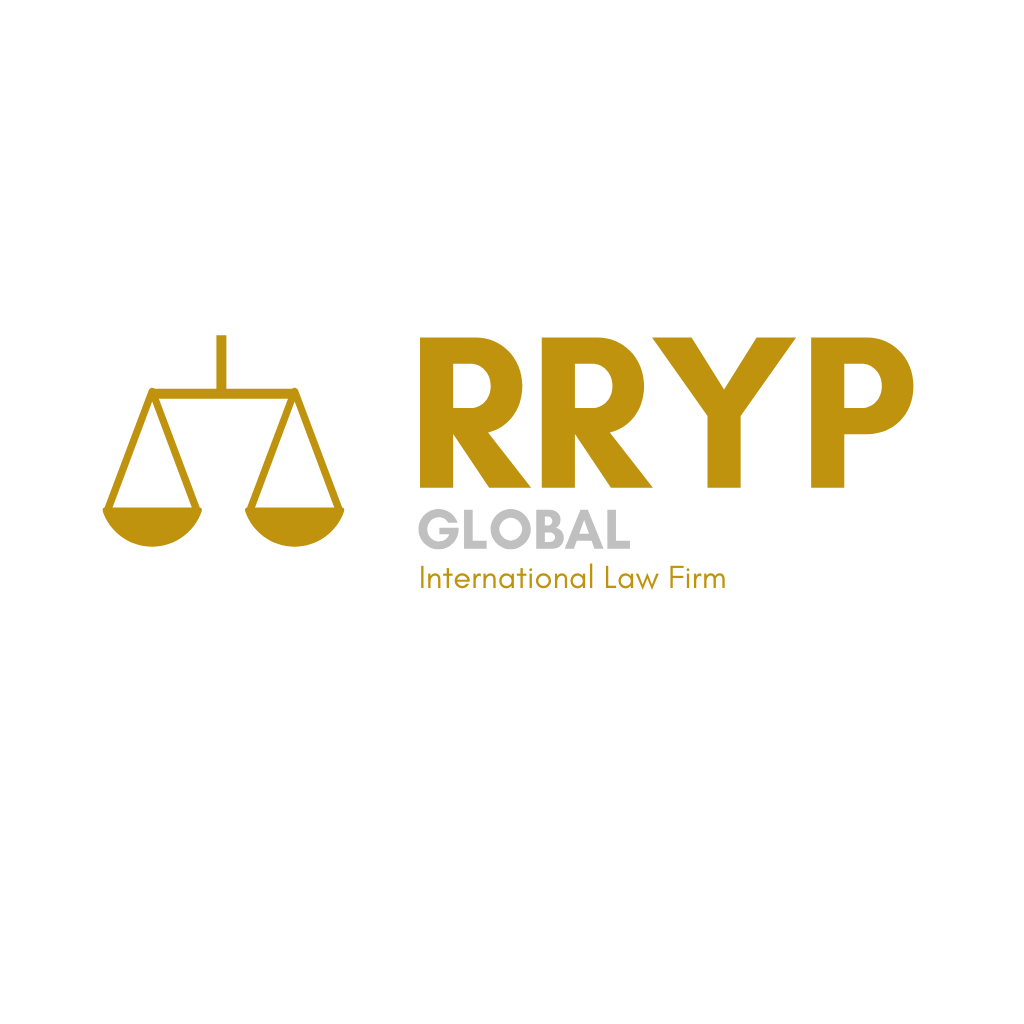Best Private Equity Lawyers in Spain
Share your needs with us, get contacted by law firms.
Free. Takes 2 min.
Or refine your search by selecting a city:
List of the best lawyers in Spain
About Private Equity Law in Spain
Private Equity (PE) in Spain refers to investment activities where funds are pooled together by investors to acquire equity stakes in private companies. These investments are often made by specialized funds or partnerships, aiming to grow the value of businesses and eventually realizing returns through sales or public offerings. Spain has a vibrant PE market, attracting both domestic and international investors. Private Equity lawyers in Spain play a crucial role in structuring investment deals, managing regulatory compliance, and helping clients navigate the complex transactional and legal landscape surrounding these operations.
Why You May Need a Lawyer
Engaging in Private Equity transactions involves sophisticated processes and significant financial stakes. Legal professionals specializing in this area are vital for several reasons, including:
- Structuring and negotiating investment agreements
- Due diligence of target companies
- Drafting and reviewing contracts
- Ensuring compliance with Spanish and EU regulatory requirements
- Advising on tax implications and optimization
- Managing cross-border transactions
- Resolving disputes among parties
- Assisting with exit strategies, such as sales or initial public offerings (IPOs)
Whether you are an investor, a company seeking capital, or a fund manager, consulting an experienced Private Equity lawyer in Spain can protect your interests and help you avoid costly legal mistakes.
Local Laws Overview
Spain's legal framework for Private Equity is shaped by national laws and European Union regulations. Key aspects include:
- Regulation of Private Equity Entities: Spanish Private Equity firms are subject to regulation by the National Securities Market Commission (CNMV). Specific rules apply to the formation, operation, and supervision of Private Equity entities (Entidades de Capital Riesgo or ECRs).
- The Capital Companies Act: This law governs limited liability and joint-stock companies, which are the common forms for Private Equity investments in Spain.
- Taxation: Private Equity funds and partners benefit from certain tax incentives. However, tax treatment depends on the structure of the investment and the residency of parties involved.
- Foreign Investment: Spain allows foreign investment in Private Equity but requires notifications and, in some sectors, prior authorization from authorities.
- EU Regulations: Private Equity activity in Spain must comply with EU directives such as the Alternative Investment Fund Managers Directive (AIFMD) and relevant anti-money laundering regulations.
- Labour and Social Laws: Any acquisition or investment may trigger obligations regarding the workforce of the target company.
- Competition Law: Transactions of significant size or market impact may require clearance from the national competition authority.
Due to the complexity and frequent updates in these laws, seeking legal guidance is essential before proceeding with any Private Equity transaction in Spain.
Frequently Asked Questions
What is Private Equity?
Private Equity refers to investments made in private (non-publicly traded) companies, typically by dedicated investment funds, with the goal of growing the business and eventually realizing a profit through sale or public listing.
How is Private Equity regulated in Spain?
Private Equity entities are regulated by the National Securities Market Commission (CNMV) and must comply with both Spanish and EU legislation governing financial markets and alternative investment funds.
Can foreign investors participate in Spanish Private Equity?
Yes, foreign investors are welcome in the Spanish Private Equity market, though certain investments must be reported to Spanish authorities, and in sensitive sectors, prior authorization may be needed.
How do I start a Private Equity fund in Spain?
Starting a fund typically involves forming a legal entity, drafting internal rules, registering with the CNMV, and meeting minimum capital requirements. Legal advice is recommended throughout this process.
What are the tax implications of Private Equity investments in Spain?
Tax treatment varies based on the structure and participants of the investment. Generally, there are incentives for capital gains, but each case should be reviewed individually with a lawyer or tax advisor.
What is due diligence in a Private Equity transaction?
Due diligence refers to the comprehensive review and analysis of a target company’s legal, financial, operational, and commercial aspects before finalizing an investment or acquisition.
Do Private Equity transactions require regulatory approval?
Some transactions, especially those involving regulated industries, large deal sizes, or strategic sectors, may require approval from the CNMV or other authorities, such as competition or foreign investment regulators.
How can a lawyer assist during an exit from a Private Equity investment?
Lawyers help structure the best exit strategy, ensure compliance with legal obligations, negotiate sale or IPO terms, and manage any disputes that may arise during the exit process.
What are typical fees for Private Equity legal services?
Fees depend on the complexity and size of the transaction, but most lawyers offer clear fee structures, which can include hourly rates or fixed fees for specific services. It is important to clarify fees at the outset.
What happens if there is a dispute in a Private Equity deal?
Most agreements specify a process for dispute resolution, such as negotiation, arbitration, or litigation. Lawyers represent clients’ interests and work to achieve satisfactory resolutions within legal frameworks.
Additional Resources
For those seeking more information or assistance in Private Equity matters in Spain, the following resources may be helpful:
- National Securities Market Commission (CNMV): Regulatory guidelines and reports on Private Equity entities
- Ministry of Economy and Business: Information on foreign investment and financial regulations
- Spanish Private Equity & Venture Capital Association (ASCRI): Industry data, events, and best practices
- European Securities and Markets Authority (ESMA): EU-wide regulations and guidance
- Spanish Tax Agency: Information on taxation applicable to investments and corporate structures
Next Steps
If you believe you need legal assistance with a Private Equity matter in Spain:
- Clearly define your objectives and gather relevant documents related to your planned investment or activity.
- Research law firms or individual lawyers specializing in Private Equity transactions.
- Schedule a consultation to discuss your needs, timeline, and obtain a clear understanding of potential legal fees and services.
- Ensure your lawyer is experienced in both Spanish and EU regulations, especially if your transaction has an international component.
- Follow your lawyer’s guidance regarding compliance, negotiation, and documentation to ensure a smooth and secure transaction.
Choosing the right legal partner is essential for successful Private Equity operations, and expert advice can protect your investments and interests throughout the process.
Lawzana helps you find the best lawyers and law firms in Spain through a curated and pre-screened list of qualified legal professionals. Our platform offers rankings and detailed profiles of attorneys and law firms, allowing you to compare based on practice areas, including Private Equity, experience, and client feedback.
Each profile includes a description of the firm's areas of practice, client reviews, team members and partners, year of establishment, spoken languages, office locations, contact information, social media presence, and any published articles or resources. Most firms on our platform speak English and are experienced in both local and international legal matters.
Get a quote from top-rated law firms in Spain — quickly, securely, and without unnecessary hassle.
Disclaimer:
The information provided on this page is for general informational purposes only and does not constitute legal advice. While we strive to ensure the accuracy and relevance of the content, legal information may change over time, and interpretations of the law can vary. You should always consult with a qualified legal professional for advice specific to your situation.
We disclaim all liability for actions taken or not taken based on the content of this page. If you believe any information is incorrect or outdated, please contact us, and we will review and update it where appropriate.
Browse private equity law firms by city in Spain
Refine your search by selecting a city.

















